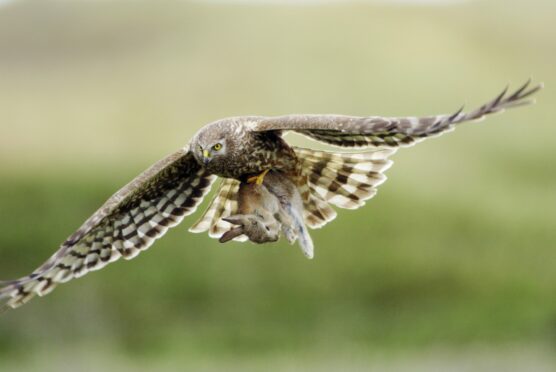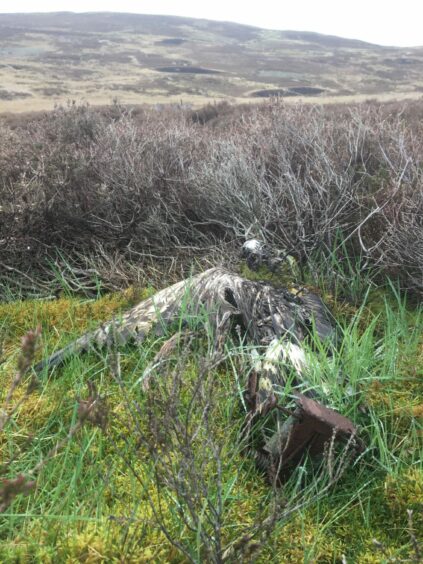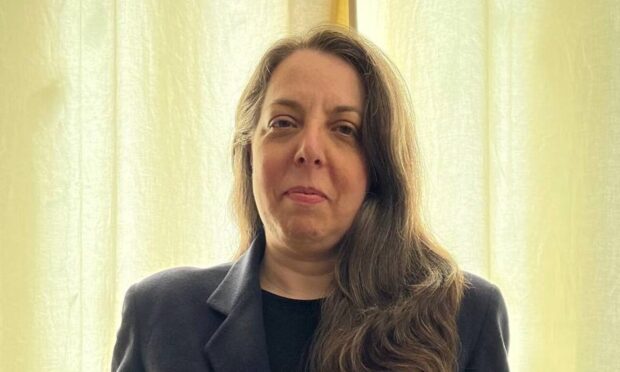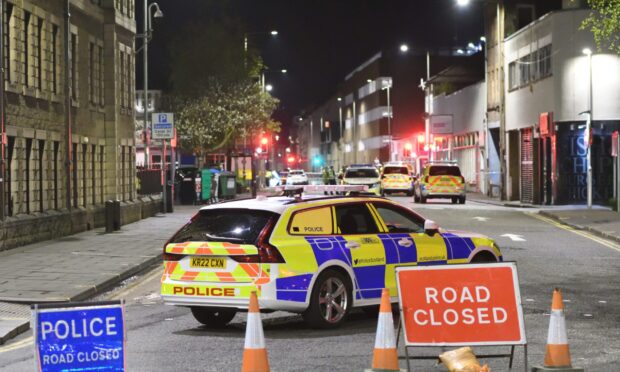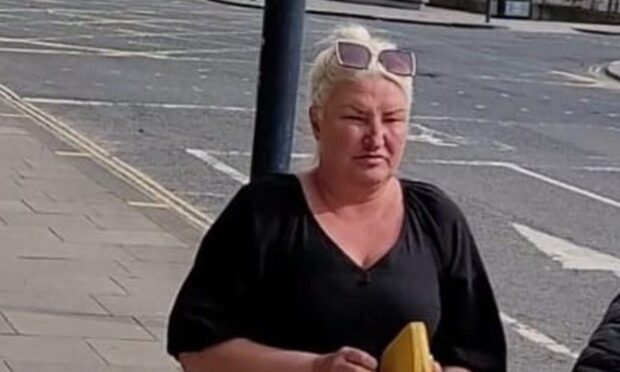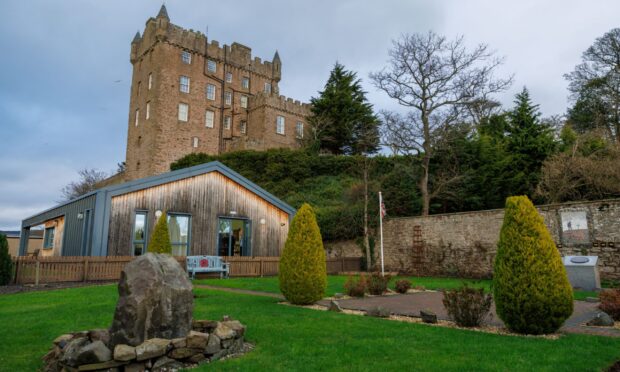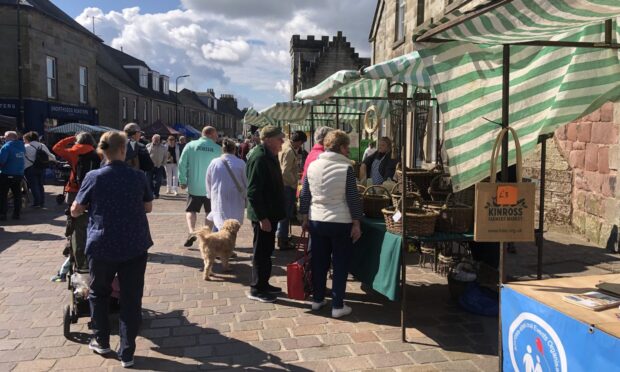A Perthshire estate has been sanctioned after a probe into the suspicious death of a hen harrier established ‘clear evidence’ of criminality.
Evidence provided by Police Scotland of wildlife crime against birds has led to NatureScot suspending the Lochan Estate’s general licences for three years.
An investigation was launched after a hen harrier was found dead on the estate near Dunkeld in 2019.
The decision means gamekeepers at the 10,000-acre estate will be unable to kill or take birds for the preservation of game or the protection of livestock and crops.
Authorities first launched their probe after the remains of a young hen harrier named Rannoch were found after the bird died in an open spring snare.
The animal, which was being tracked, was said to have suffered “significantly” before she died.
A spokesperson for Lanoch Estate said they rejected any suggestion of wrongdoing and confirmed they would appeal the decision.
“The estate categorically rejects any suggestion of wrongdoing in relation to the welfare of wildlife,” the statement says.
“We made very robust representations five months ago and only received the notification this week, which we found surprising given the material we produced.
“We will therefore be appealing this decision.”
NatureScot, Scotland’s nature agency, said the estate would still be allowed to apply for individual licences but these would be subject to strict monitoring.
Donald Fraser, NatureScot’s head of wildlife management, said: “In this case, there is clear evidence that crime involving a wild bird occurred on this property.
“Because of this, and the risk of more wildlife crimes taking place, we have suspended the general licences on this property for three years.”
General licences are a form of “light touch” regulation that allow estates to carry out land management without applying for individual licences.
Mr Fraser said he believed suspending the licence in this case was the “proportionate response”.
“This measure will help to protect wild birds in the area, while still allowing necessary land management activities to take place, although under tighter supervision,” he said.
“We believe this is a proportionate response to protect wild birds in the area and prevent further wildlife crime.”
Speaking in 2019 after Rannoch was discovered, Ian Thomson, head of investigations at RSPB Scotland, said the death was “truly appalling”.
‘Tip of the iceberg’
But he warned it was likely to be just the “tip of the iceberg”.
“The actions of the individual who set this trap were both reckless and indiscriminate, and showed a complete disregard for both the law and the welfare of local wildlife,” he said at the time.
“Sadly, the catalogue of criminal killing of tagged hen harriers and other birds of prey continues unabated.
“We know many others are illegally killed and going undetected, so her death is part of the tip of the iceberg of the true level of criminality.”
Hen Harriers are listed by RSPB Scotland as a “red species”, meaning they are globally threatened.
The species has seen a severe (at least 50%) decline in its UK breeding population over the last 25 years.
